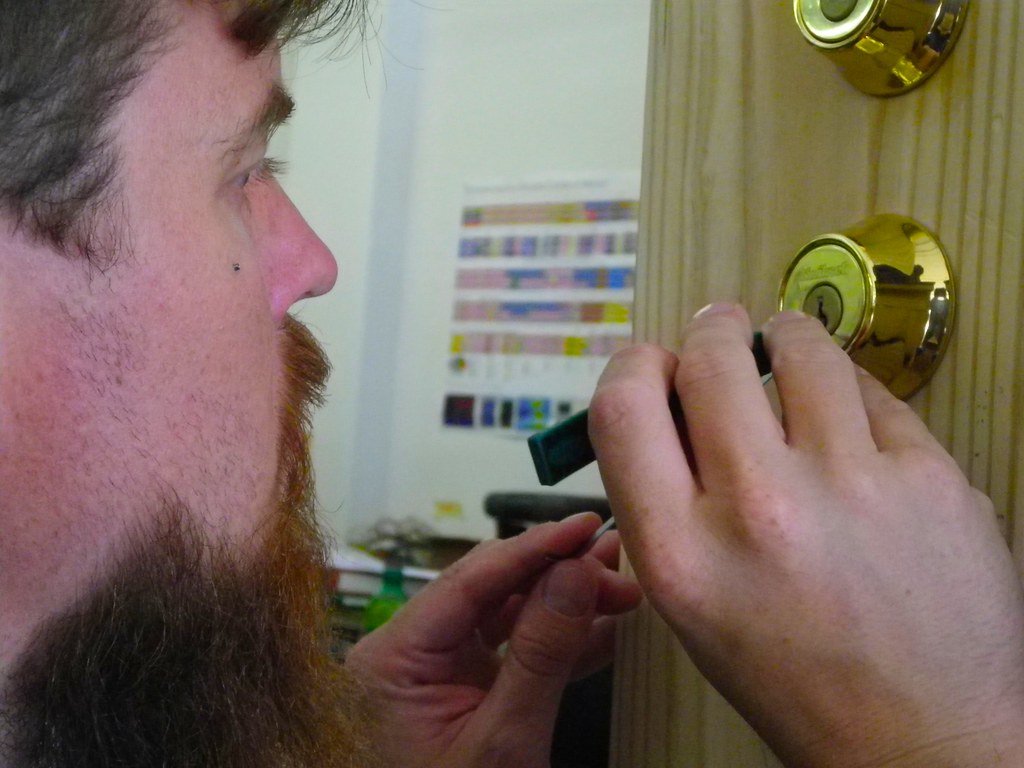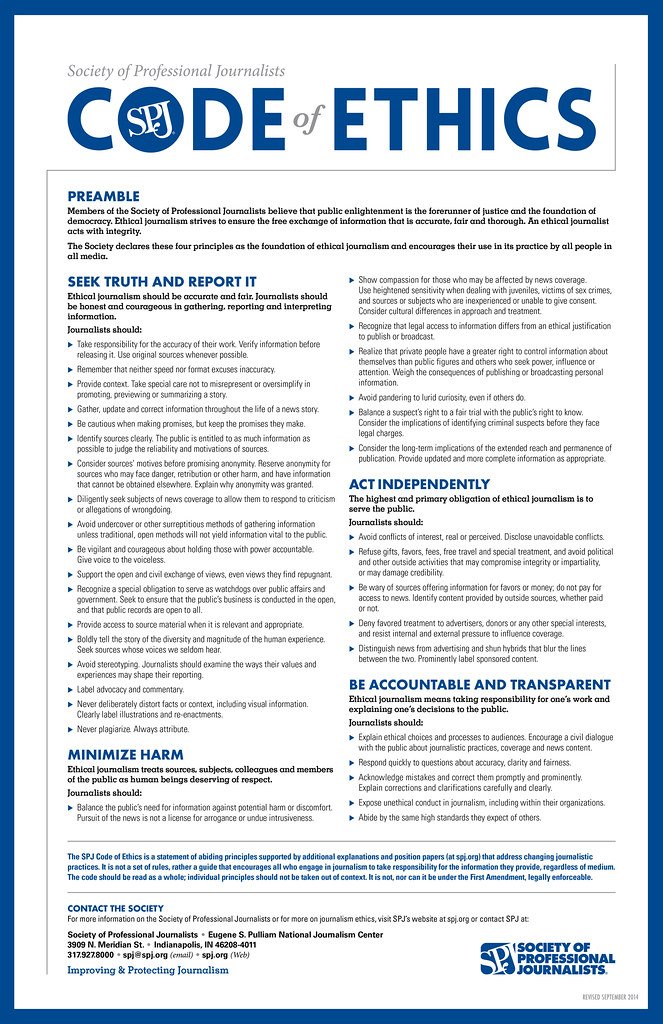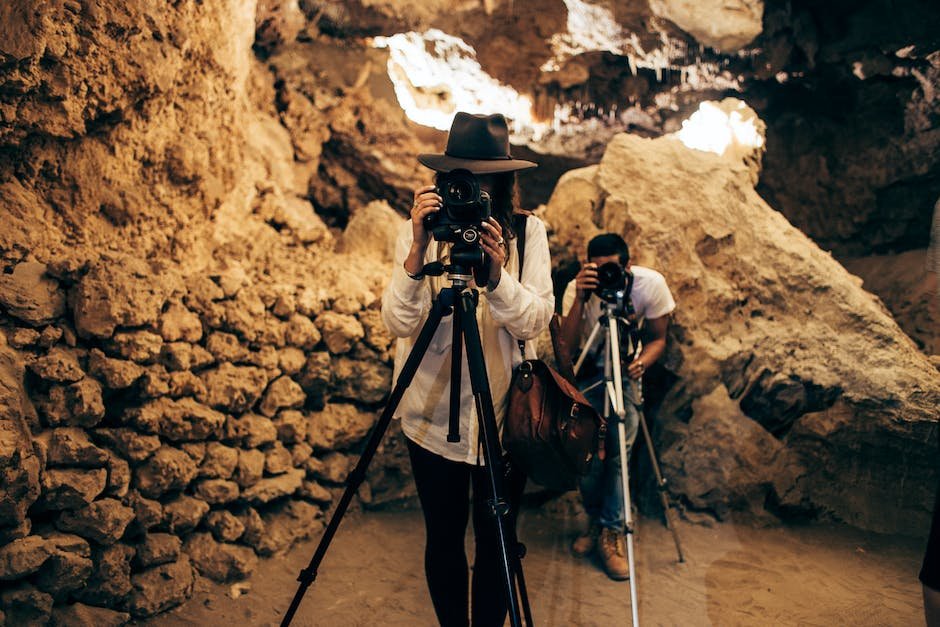Locksport, the art and science of picking locks, has long fascinated both locksmiths and enthusiasts alike. Often portrayed as the realm of rogue individuals and shady characters in popular culture, its true essence lies in the pursuit of knowledge and understanding mechanisms that safeguard our everyday lives. As media coverage on locksport intensifies, it becomes increasingly crucial to navigate this delicate landscape with caution, ensuring that ethical principles drive our narratives. While the excitement surrounding this captivating skill may dazzle us, it is imperative to remember our responsibility as writers and journalists to present an accurate and balanced depiction of locksport. In this article, we will explore the ethical considerations involved in media coverage of locksport, and shed light on how we can effectively handle this burgeoning field with integrity and mindfulness. So, grab your gear and prepare to delve into the intriguing world of lock manipulation as we embark on a journey to ethically handle locksport media coverage.
Table of Contents
- Understanding the Responsibilities of Locksport Media Coverage
- Promoting Ethical Reporting in the Locksport Community
- Key Considerations for Journalists Covering Locksport Events
- Establishing Guidelines for Locksport Coverage
- Respecting the Boundaries: Balancing the Need for Information with Privacy Concerns
- Q&A
- Closing Remarks

Understanding the Responsibilities of Locksport Media Coverage
Locksport Media Coverage brings with it great power and responsibility. As journalists and content creators, it is crucial to understand the weight of our words and the impact they can have on the locksport community. Here are some key responsibilities to consider:
1. **Accuracy is Key**: When covering locksport events or sharing information about lock-picking techniques, it is essential to ensure accuracy and fact-check all details. Misinformation can lead to the spread of incorrect knowledge and potential harm to those involved in the locksport community.
2. **Promoting Ethical Practice**: Locksport is an art form and a community that values integrity and ethical behavior. As media professionals, it is our duty to promote and highlight these principles. By showcasing lock-picking as a hobby focused on skill-building and ethical practice, we can help shape a positive perception of the locksport community.
3. **Respecting Privacy**: In the pursuit of sensationalism, the privacy of individuals involved in the locksport community should never be compromised. Obtaining consent for interviews or photos is crucial, and any personal information should be handled with care. Respecting privacy builds trust and ensures that the locksport community continues to thrive in a safe environment.
4. **Fostering Education**: Our coverage should go beyond entertainment value and strive to educate the public about locksport. By providing detailed explanations of techniques, emphasizing the importance of security, and highlighting the ethical aspects of the hobby, we can create a well-informed audience and dispel any misconceptions.
5. **Encouraging Diversity and Inclusion**: The locksport community is a diverse one with people from all walks of life. It is crucial for media coverage to celebrate this diversity and ensure equal representation. By actively seeking out stories and perspectives from underrepresented voices, we can help foster a more inclusive locksport community.
In conclusion, as media professionals covering locksport, we hold a responsibility to inform, educate, and respect the locksport community. By adhering to these key responsibilities, we can contribute to the growth and positive perception of locksport, while also ensuring ethical practice and inclusivity in our coverage.
Promoting Ethical Reporting in the Locksport Community
Locksport is a fascinating community that encompasses the art of lock picking, security evaluation, and the sharing of knowledge surrounding locks and their mechanisms. As members of this vibrant community, it is essential to promote ethical reporting practices. By doing so, we ensure the integrity, transparency, and growth of the community while fostering mutual respect among its members.
Here are some key principles to consider when engaging in ethical reporting:
- Honesty: Always strive to provide accurate and truthful information in your reports. This includes factual details, your own experiences, and avoiding exaggeration or distortion.
- Transparency: Clearly disclose any potential conflicts of interest or biases that may influence your reporting. This maintains trust within the community and allows others to assess the information accordingly.
- Respect for privacy: When reporting on security vulnerabilities or weaknesses, take care to protect individuals’ privacy and security. Share information responsibly and avoid unnecessarily exposing personal details.
- Attribution: Give credit where it is due. If you rely on the work or research of others, acknowledge their contributions and provide proper attribution. This fosters collaboration and encourages a spirit of intellectual honesty.
- Constructive criticism: When pointing out flaws or making suggestions for improvement, do so in a constructive manner that encourages dialogue and growth. It is essential to maintain a supportive environment within the locksport community.
By adhering to these principles, we can ensure that our reporting within the locksport community remains ethical and enhances the knowledge-sharing experience for everyone involved. Let’s promote a culture of trust, responsibility, and ethical reporting in order to propel our community forward and embrace the true essence of locksport.

Key Considerations for Journalists Covering Locksport Events
When covering locksport events as a journalist, there are several important considerations to keep in mind. Understanding and respecting the unique nature of this community will not only enhance the quality of your coverage but also ensure ethical reporting. Here are some key things to consider:
- Research and Familiarize Yourself: Before attending a locksport event, it is crucial to conduct thorough research on locksport practices, terminology, and its ethical boundaries. This will help you understand the intricacies of the sport and gain the trust of participants.
- Respect Privacy and Consent: Locksport enthusiasts may be hesitant to share certain information, so always seek consent before filming or interviewing someone. Consider blurring out key details of locks or techniques in your visuals to maintain the community’s security and uphold their trust.
- Focus on the Positive Aspects: While it may be tempting to sensationalize or misconstrue locksport as a potential security threat, it is essential to approach the topic objectively. Highlight the skill, dedication, and problem-solving aspects that motivate individuals to participate in this unique hobby.
- Avoid Endorsements or Recommendations: As a journalist, it is crucial to remain neutral and avoid promoting or endorsing any specific locksmith services or tools during your coverage. Provide balanced and unbiased information to your audience.
- Engage with the Community: Take the time to chat and interact with locksport enthusiasts during the event. Understanding their perspectives, experiences, and motivations will help you portray a holistic view of the community and the sport.
By adhering to these key considerations, journalists can provide accurate, fair, and ethically conscious coverage of locksport events. Remember, maintaining the trust and integrity of the community should always be a top priority.
Establishing Guidelines for Locksport Coverage
Locksport, the community of enthusiasts who study and manipulate locks, has grown significantly in recent years. As the interest in this niche hobby continues to expand, it is crucial to establish clear guidelines for locksmiths and media outlets covering this fascinating subject. These guidelines will ensure transparency, accuracy, and respect for both the community and the integrity of the craft.
1. Authenticity is Key:
When reporting on lock picking techniques or showcasing impressive lock manipulation skills, it is essential to prioritize authenticity. Misrepresenting or exaggerating the difficulty of a lock or the expertise required can create misconceptions and undermine the credibility of the community. Focus on showcasing the mastery of the locksmiths, the intricacies of lock mechanisms, and the educational value rather than sensationalism.
2. Ethics and Legalities:
Respect for ethics and laws is at the core of any responsible coverage of locksport. Clearly specify that locksport is a legal and legitimate practice when introducing the topic. Highlight the importance of ethical behavior within the community, emphasizing the indispensable ethical standards that locksmiths adhere to, such as obtaining permission and using locksport skills responsibly and lawfully.
3. Diverse Perspectives:
Encourage diversity and inclusivity in the portrayal of locksmiths and the locksport community. Showcase the diverse range of participants, including individuals from different backgrounds, genders, and age groups. By representing this heterogeneous community, we can break stereotypes and foster a greater sense of inclusiveness within the locksport community.
By following these established guidelines, locksmiths and media outlets can ensure lockpicking coverage that is accurate, respectful, and unbiased, elevating the understanding and appreciation for this intricate craft. Let us embark on this journey of highlighting the fascinating world of locksport, always with integrity and a commitment to excellence.
Respecting the Boundaries: Balancing the Need for Information with Privacy Concerns
In an era where information is readily accessible and data breaches pose significant risks to personal privacy, finding the delicate balance between the need for information and respecting individuals’ privacy concerns has become an increasingly crucial challenge. While the thirst for knowledge and the desire to stay informed is inherent to human nature, it is equally important to be mindful of ethical boundaries and protect personal privacy.
To navigate this complex landscape, we must consider implementing a set of principles to guide our actions:
- Transparent Information Sharing: Ensure that individuals are aware of what personal information is being collected, how it will be used, and who will have access to it. This transparency builds trust and empowers individuals to make informed decisions about sharing their data.
- Data Minimization: Collect only the necessary information required for a given purpose and avoid unnecessary data collection. By limiting the collection of personal data, we can mitigate privacy risks and reduce the likelihood of potential data breaches.
- Anonymization and Encryption: Prioritize the protection of personal information through anonymization and encryption techniques. This ensures that even if data falls into the wrong hands, it remains indecipherable, maintaining individuals’ privacy.
- User Control and Consent: Empower individuals with control over their personal data. Implement clear opt-in and opt-out mechanisms, giving users the ability to choose which information they are willing to share and with whom.
- Ongoing Education and Communication: Foster continuous education and open communication about privacy concerns to keep individuals informed about the latest threats, best practices, and the evolving landscape of data privacy.
Treading the fine line between the need for information and privacy concerns requires a delicate and evolving approach. By consistently practicing these principles and understanding the importance of respecting boundaries, we can create an environment that upholds both information accessibility and privacy rights.
Q&A
How can I ethically handle locksport media coverage?
To ethically handle locksport media coverage, it is essential to obtain permission from the lock owner and only demonstrate techniques with their consent. Additionally, always emphasize the need for responsible locksport practices and promote security awareness to avoid potential misuse of the information being shared.
Why is it important to obtain permission from the lock owner?
Obtaining permission from the lock owner is crucial as it shows respect for their property and ensures that locksport techniques are not shared without the owner’s consent. This ethical practice helps maintain trust and prevents the misuse of lock-picking skills.
What should be the primary focus when providing locksport demonstrations in media coverage?
The primary focus should always be on responsible and legal locksport practices. Emphasize the importance of using lock-picking skills for educational purposes, promoting security awareness, and advocating ethical behavior to prevent potential misuse or criminal activity.
What steps can be taken to promote ethical locksport coverage?
To promote ethical locksport coverage, one should always consider the potential consequences of sharing specific techniques. Focus on raising awareness about the importance of physical security and the need to develop improved lock systems, rather than solely showcasing vulnerabilities that could be exploited.
How can locksport media coverage contribute to public education?
Locksport media coverage can contribute to public education by raising awareness about the vulnerabilities of various locks and the importance of secure locking systems. It can also help debunk myths around lock security, fostering a more informed and security-conscious society.
How can journalists ensure their locksport coverage remains unbiased?
Journalists can ensure unbiased locksport coverage by providing an accurate portrayal of the locksport community, its purpose, and its dedication to ethical principles. They should present both the positive aspects of locksport as a security-educational practice and the potential risks if this knowledge falls into the wrong hands.
Are there any legal implications to consider when covering locksport in the media?
Legal implications should always be considered when covering locksport in the media. Ensure that the techniques demonstrated are legal and obtained with the proper permissions. Avoid encouraging or providing instructions for illegal activities, as this may have legal consequences for both the journalist and the locksport community.
Closing Remarks
As we conclude our journey through the intriguing world of locksport media coverage, we find ourselves standing at the crossroads of ethics and intrigue. Navigating this delicate landscape requires a mindful approach, one that respects both the artistry and responsibility that accompanies the craft. With our newfound knowledge in hand, we can confidently engage with the enigmatic allure of locksport while upholding our ethical obligations.
Remember, dear readers, that the foundation of ethical locksport media coverage lies in transparency and respect. We have discovered that responsible journalism offers a delicate dance between fascination and discretion. By presenting the art of lock picking as a skill worthy of admiration, while simultaneously adhering to our moral compasses, we can contribute to a discourse that elevates rather than exploits this captivating craft.
As we part ways, let us carry forth the lessons we have learned. Embrace the power of context and ensure that the stories we tell are not merely captivating, but also accurate representations of the locksport community. Seek out diverse perspectives, for the world of locksport is an inclusive one, where talent knows no boundaries. Above all, let us never lose sight of the humanity that resides behind every lock and key.
We have embarked on a transformative journey, one that has enlightened us to the intricacies of ethical locksport media coverage. We now possess the tools to engage with this captivating world responsibly and respectfully. Remember, dear readers, that with great storytelling comes great responsibility. Let us use our pens and cameras to illuminate the brilliance of locksport with integrity, ensuring that every word and every image we capture is an embodiment of ethical journalism.
As we bid farewell, let us venture into the realm of locks sport media coverage with a renewed sense of purpose. May our compass always point us towards an ethical path, where the thrill of the craft blends seamlessly with principles of respect and fairness. Together, we can champion the artistry of lock picking while safeguarding the trust we have cultivated with the locksport community. Now, go forth and let your creative endeavors shine a light on the fascinating labyrinth of locksport, guiding the way for others to explore with integrity and honor.
As an affiliate, my content may feature links to products I personally use and recommend. By taking action, like subscribing or making a purchase, you’ll be supporting my work and fueling my taco cravings at the same time. Win-win, right?
Want to read more? Check out our Affiliate Disclosure page.